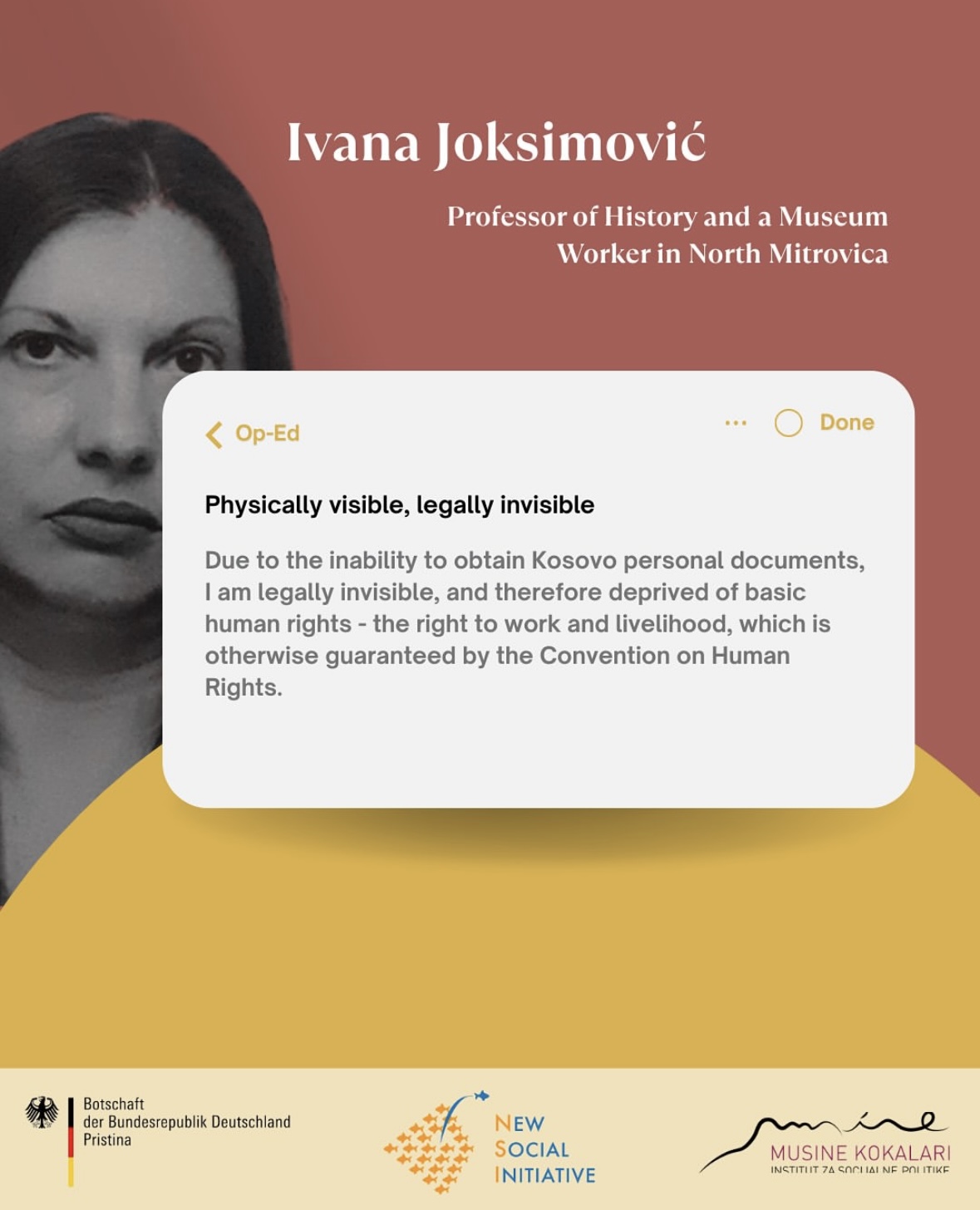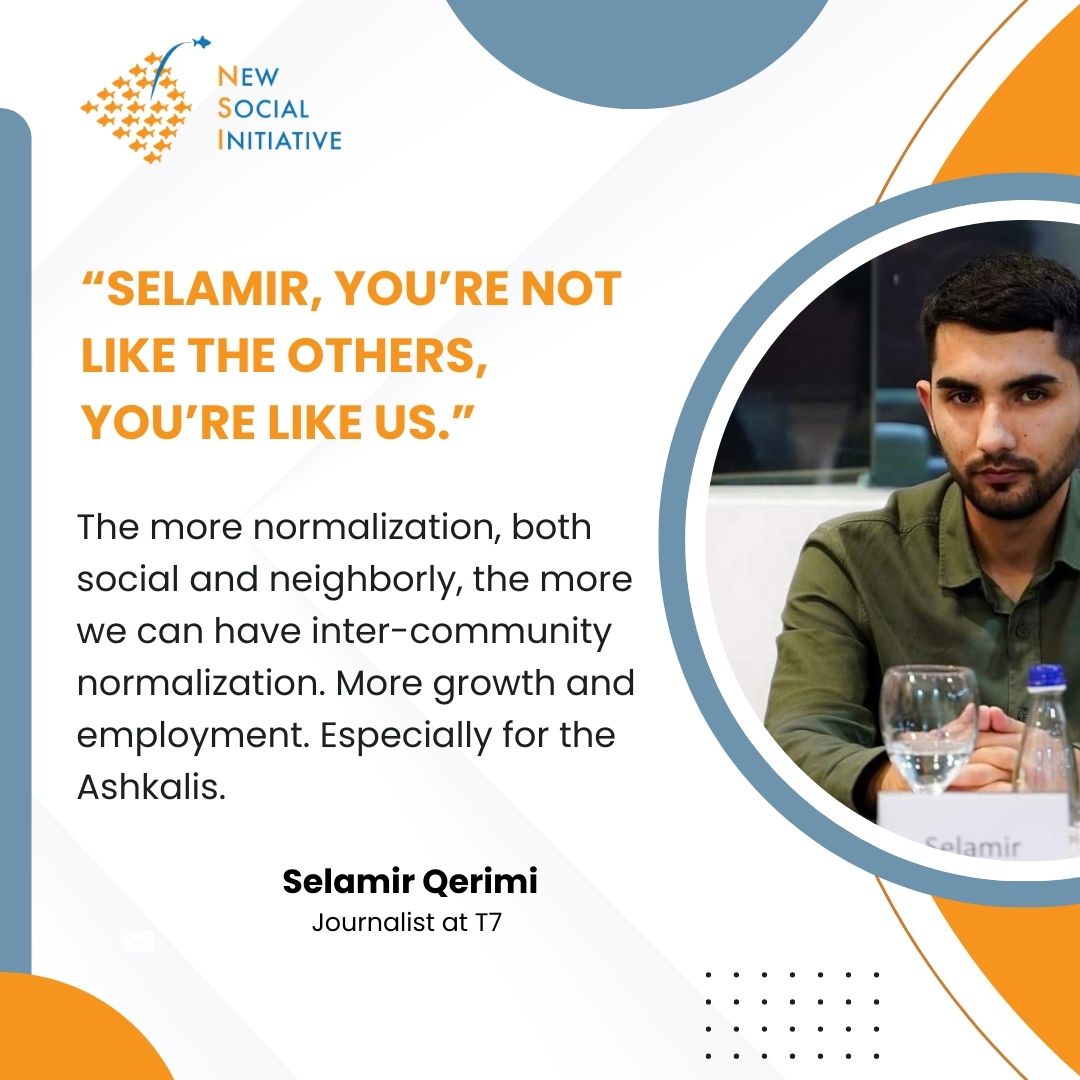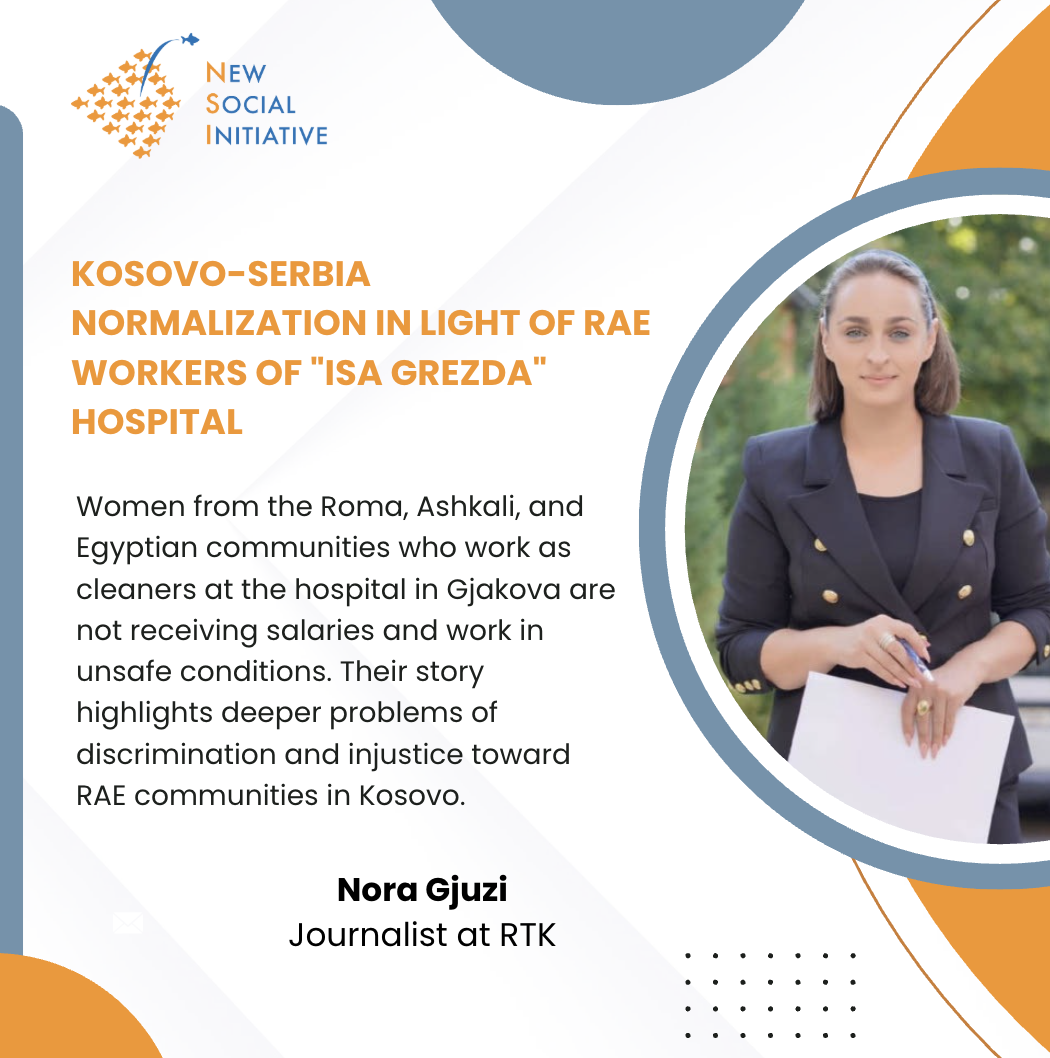The Silent Language in the Classroom: The Crisis of Turkish Language Education in Kosovo
In Prizren, the town that for many is a symbol of coexistence, Turkish-language classrooms are being emptied. In Mitrovica, some are in danger of being completely shut down. While institutions promote the inclusion of communities in documents and declarations, the reality on the ground tells a different story: a story of a lack of quality textbooks, a lack of prepared staff, a lack of political and budgetary attention to an equal part of Kosovar society.
The structural problems are many. Turkish-language books are often outdated, poorly translated from Albanian or Serbian, and do not reflect the local context. Schools with teaching in Turkish operate with limited resources, while at the university level, opportunities are scarce, forcing many young people to carry out studies in Turkey.
Despite some isolated efforts such as book aid from Turkey or support from political figures in the Turkish community, a long-term state strategy that addresses this issue as an essential part of the country’s educational and social development is lacking.
From institutional exclusion to the risk of assimilation
While the Agreement on Normalization of Relations between Kosovo and Serbia provides for protection for all non-majority communities, the focus on implementation has not been almost exclusively on the Turkish community. Communities like the Turkish one, although with political representation in decision-making institutions, remain on the margins of the state agenda. This prolonged administrative and political silence increases the risk that younger generations will lose touch with their language, culture, and identity.
The Turkish language in Kosovo is not just a means of communication; it is part of the collective memory, it is cultural connection, and it is evidence of a history that goes beyond national borders.
Solutions exist, but they require political will and active involvement. It is necessary: To establish a unit within the Ministry of Education for the coordination of education in the languages of non-majority communities, including Turkish; To draft and publish original textbooks in Turkish, adapted to the Kosovar reality; To support universities that offer programs in Turkish and to train teachers on an ongoing basis; To ensure that the implementation of international agreements on community rights is not selective.
The Turkish language is part of Kosovo’s identity as a multi-ethnic and democratic state. To foster this education is to foster equality, diversity and future of a country that is still building itself.
Therefore, Turkish language education in Kosovo is a reflection of the institutional approach to diversity. And what this reflection tells us today is neglect and carelessness. But it is not too late to change this course with dedication, cooperation, and real political will.
The author is a journalist. This publication was made possible in the framework of the project “Dialogue, Solution, Future”, with the support of the Ministry of Foreign Affairs of the Federal Republic of Germany, implemented by the New Social Initiative (NSI) and the Institute for Social Policy Musine Kokalari. The content of this article is the exclusive responsibility of the Institute for Social Policy Musine Kokalari and the New Social Initiative. It does not necessarily reflect the views of the Ministry of Foreign Affairs of the Federal Republic of Germany.











